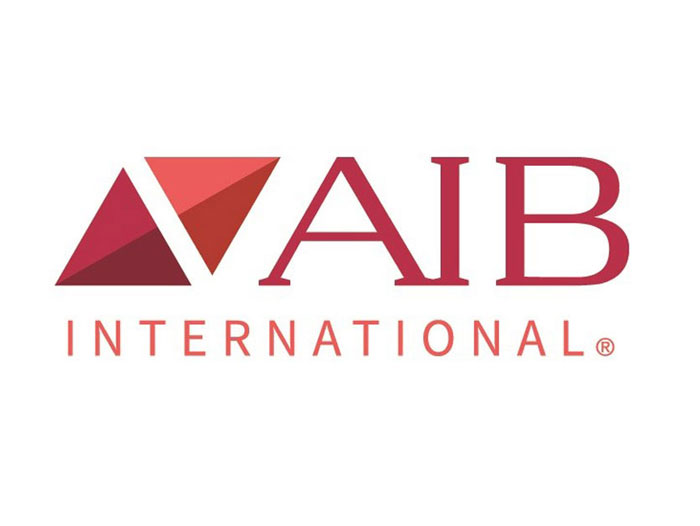How Transitioning to a Paperless Factory Improves Food Safety
March 22, 2024 | 1 min to read
Since the turn of the millennium, every manufacturing industry, including the food and beverage sector, has embraced digital transformation to boost efficiency, control costs, and reduce waste. Companies are adopting advanced technologies like automation and data analytics, transitioning to paperless factories that enhance safety and public health. These facilities eliminate manual processes, relying on digital platforms for real-time monitoring, which improves efficiency, accuracy, and traceability while decreasing environmental impact.

Since the turn of the millennium, every manufacturing industry has embraced digital transformation to enhance operational efficiency, control costs, and minimize waste. This sweeping technological shift extends beyond industrial manufacturing and encompasses the food and beverage sector. Across the board, companies are integrating advanced technologies such as automation, data analytics, and IoT devices to streamline their processes. This digital revolution is fundamentally transforming the operational landscape for manufacturers, prompting many to transition into “paperless factories.”
Transitioning to a paperless factory is about more than streamlining operations — it can directly impact food safety and public health. Here’s what you need to know.
What is a paperless factory?
A paperless factory is any manufacturing, processing, or office facility that eliminates manual record-keeping and paper-based processes from workflows. Instead, it uses digital platforms and interconnected systems to collect, store, and share data, enabling real-time production, inventory, quality, and supply chain monitoring. Regardless of the type of company that embraces digital transformation, it benefits from enhanced efficiency, accuracy, and traceability, and even reduces the environmental impact associated with paper consumption.
To read the rest of the story, please go to: AIB International
